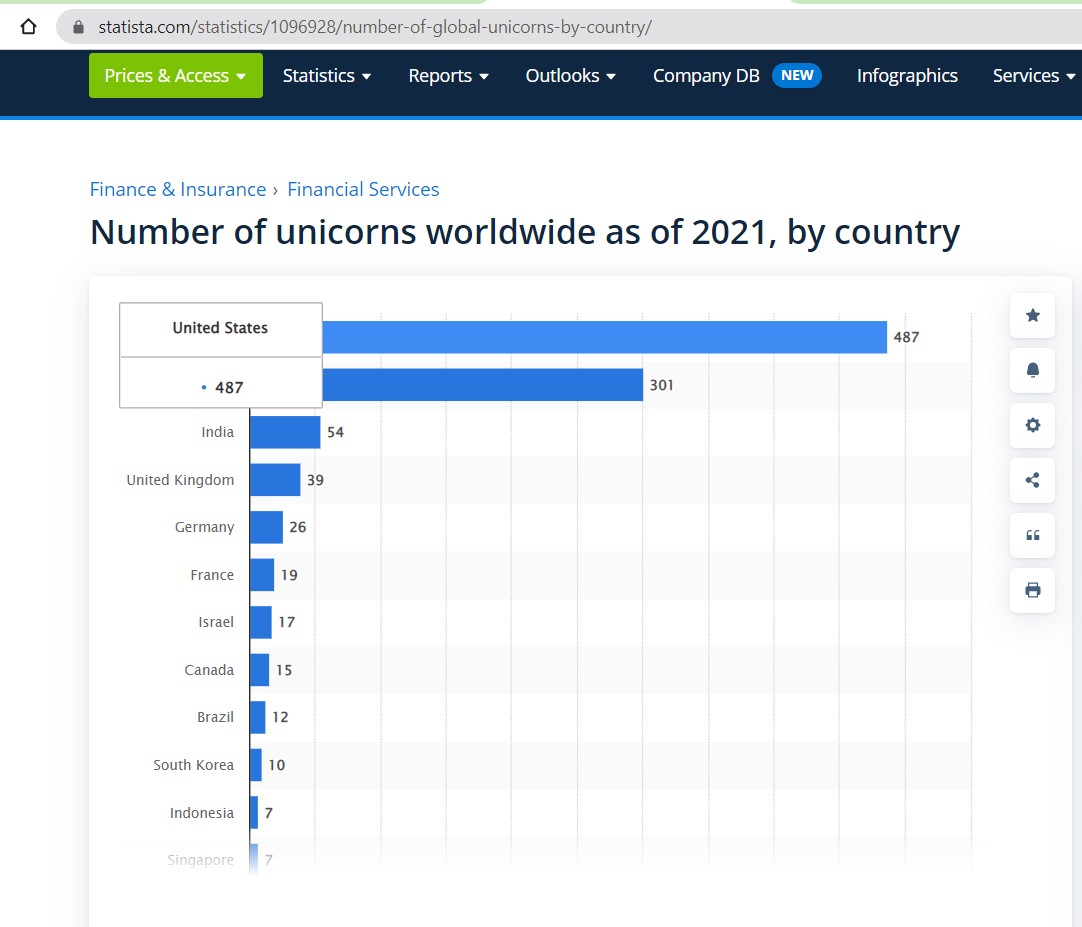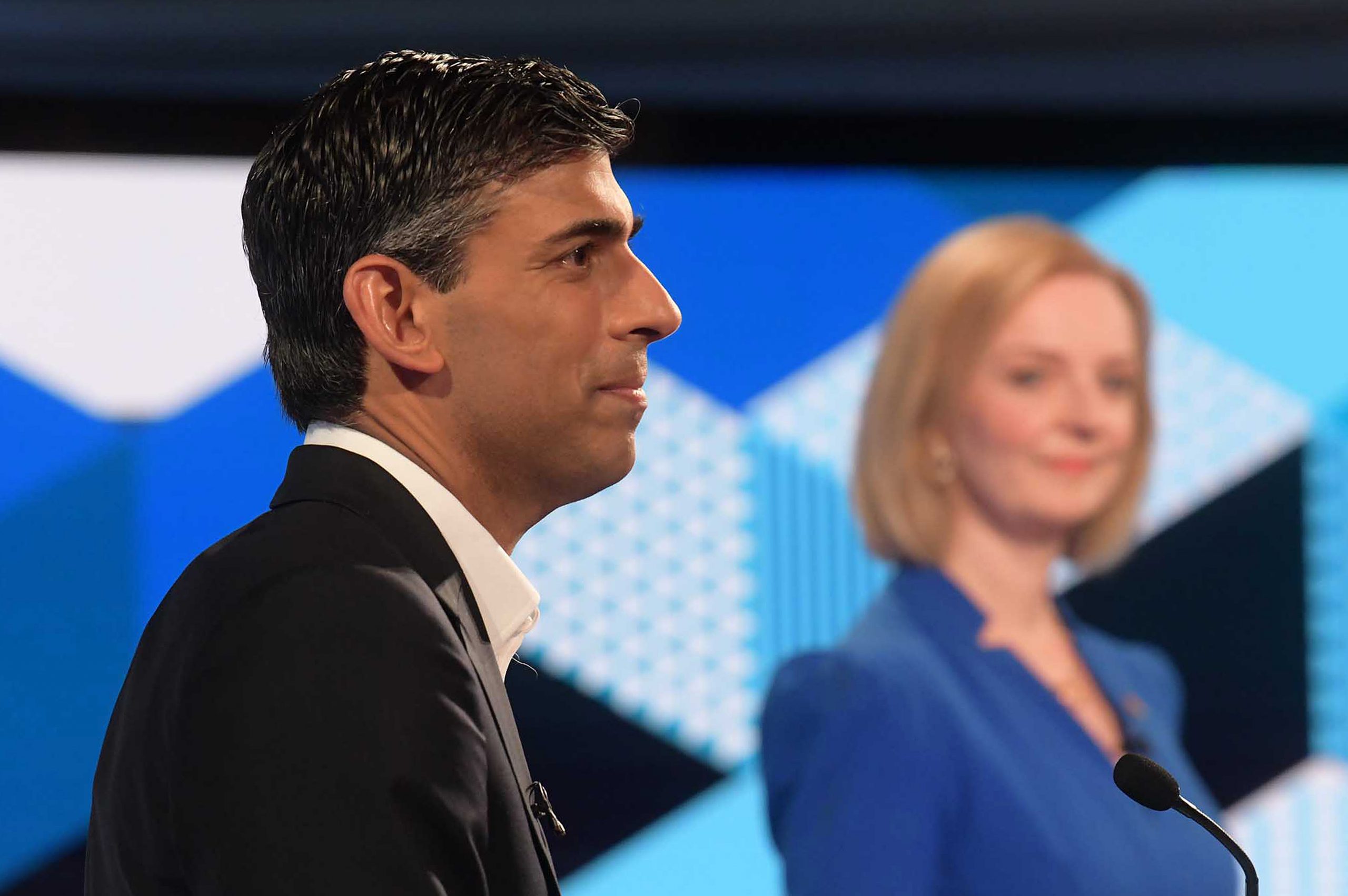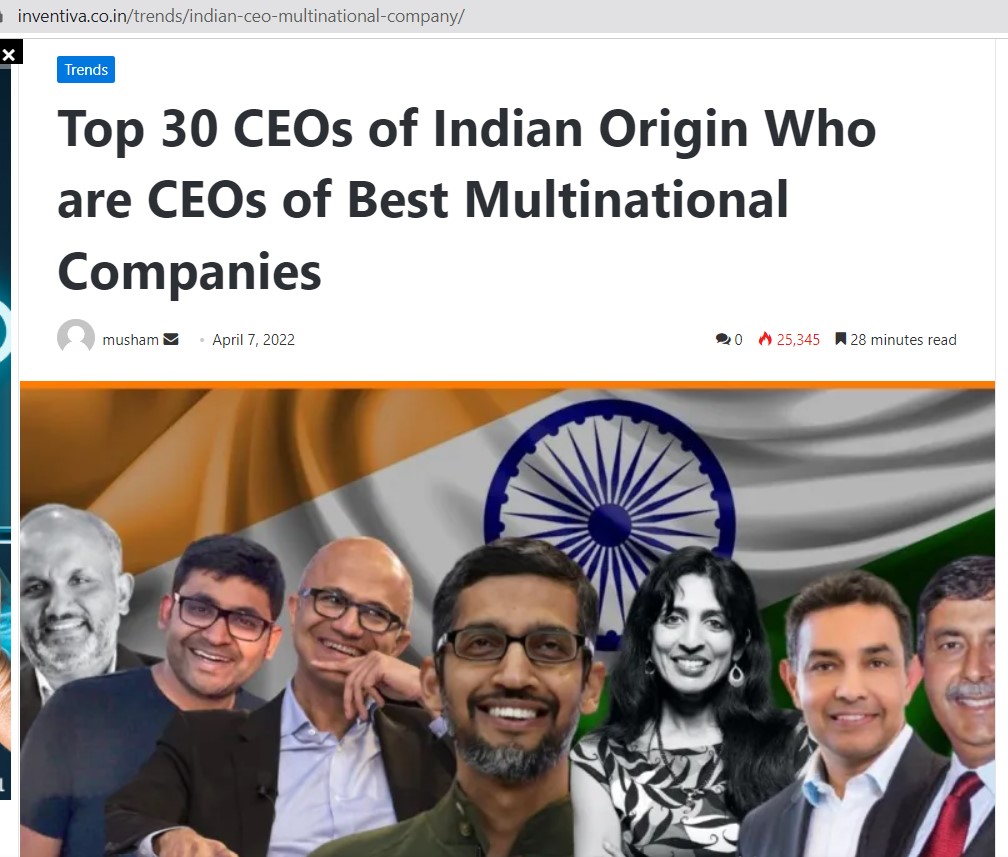Kinship Based on Race is just Skin Deep
The United Kingdom has done it – they’ve finally got a Prime Minister from a minority ethnic community. Mr Rishi Sunak, the former Chancellor of the Exchequer, became the first “Indian-Origin” Prime Minister at the age of 42, and he is the youngest Prime Minister in the last two centuries.
Mr Sunak is the third person to take over as Prime Minister this year and his ascent to power was positioned as a chance for the ruling conservatives to avoid a wipeout in the next General Election. Unlike his predecessors, Boris Johnson and Liz Truss, Mr Sunak is presentable (his nickname being “Dishy Rishi) and articulate.
In his first address to the nation outside Downing Street, Mr Sunak seemed to say the right things and acknowledged that “mistakes” were made. Unlike Mr Johnson and Ms Truss before him, Mr Sunak comes across as someone who knows what he’s doing, and this was reflected by the reaction of the markets. The pound returned to its level against the US dollar that it was before Ms Truss took over.
Unfortunately, the part of Mr Sunak that has received the most attention is the fact that he is of “Indian-Origin.” His rise to the Premiership gives the British establishment an “aspirational” story to sell to the rest of the world.
Singapore was affected too. Suddenly we had the likes of Professor Tommy Koh asking us to reflect on the irony that the UK, a former Imperial Power, would have an ethnic minority as Prime Minister long before officially “non-racist” and “meritocratic” Singapore.
The South China Morning Post went as far as to ask whether Mr Sunak’s rise in the UK would promote “soul-searching” in Singapore:
Everyone in the global Indian diaspora is thrilled by Sunak’s success. It should be noted that one of the first world leaders to congratulate Mr Sunak was non-other than Mr Narendra Modi, his Indian counterpart. Mr Modi went as far as to call Mr Sunak a “bridge” between the two nations.
Having grown up in a “White Anglo-Saxon country,” as one of a handful of ethnic minorities, I get the fascination that the global Indian community has with Mr Sunak. When you grow up with the idea drummed into your head that you need to be “grateful” to the ethnic majority and as much as ethnicity may not figure in your day-to-day interactions, you will feel a certain need to see one of your own coming to the top.
My childhood hero is Bruce Lee for a good reason. He was the only visible person of my complexion, winning somewhere by being Chinese.
So, I get why the Indian community around the world was so happy to see Mr Sunak climb to the top of British society on Diwali. The global Indian Community has taken pride in a shot of people who have run the world’s biggest corporations, and now have a Prime Minister of a G7 economy feels like icing on the cake of multinational CEOs.
However, whilst I get the wanting to see someone like you rise to the top, one has to ask the most troublesome of questions – how exactly are people like Mr Sunak, Indian and what makes one think they will have any relationship with India?
Ironically, it was Wion, an Indian news channel, that made the point that the Indians who have climbed to the top of the corporate ladder elsewhere, do not owe any loyalty to India or to the Indian diaspora. They owe their loyalty to shareholders, who are more often than not based in the West. Wion made it a point that, unlike India, China did not produce CEOs of Western companies – instead, it produced unicorn tech companies in China:

What is true of those who become CEOs of multinationals becomes even more true of politicians. Whenever Indian News channels pointed out that Mr Sunak is “Indian-Origin” everyone that they interviewed who lived in the UK would reply “Let’s remember he is Prime Minister of the UK and not India.”
One White Englishman went as far as to say, “He’s more English than I am.” If you look at Mr Sunak’s personal story, you will notice that the most Indian thing about him is that he married a girl from India.
This then leads to the point that Mr Sunak is inevitably going to disappoint someone, and the community that is probably going to be disappointed is non-other than the global Indian diaspora.
Whilst Mr Sunak has played upon his “migrant” backstory, anyone who thinks he’s going to make it easier for Indian-Born professionals to get work in the UK is going to be disappointed. Mr Sunak made it clear that tighter border controls would be part of his agenda and he did argue that whilst he is a child of immigrants, he is a child of “LEGAL” immigrants.
How did Mr Sunak make this clear – he reappointed Ms Suella Braverman as home secretary. Ms Braverman who, like Mr Sunak is of “Indian Origin” fell out with Mr Sunak’s predecessor partly because she was against signing a trade deal with India. Ms Braverman holds views that would ironically make Enoch Powel proud:
Why would Mr Sunak appoint someone who seems so intent on harming the interest of the people who have been celebrating his success the most? The answer is simple – electoral mathematics. Mr Sunak is the Prime Minister of Britain and not India. He has to be seen as “looking after British” interest and “not Indian” interest, and he understands that there is a segment of the British voting public that believes that includes making it harder for people from places like India to set foot in the UK. One of the best explanations of where Mr Sunak’s loyalties lie is best seen in the following clip by Trevor Noah:
I get the need to see someone who looks like you coming ahead. However, we should also understand that just because someone looks like us, it doesn’t mean that they have the same sympathies and loyalties. Those who expect Mr Sunak to be a bridge between East and West are bound to be disappointed.
A version of this article first appeared at beautifullyincoherent.blogspot.com


